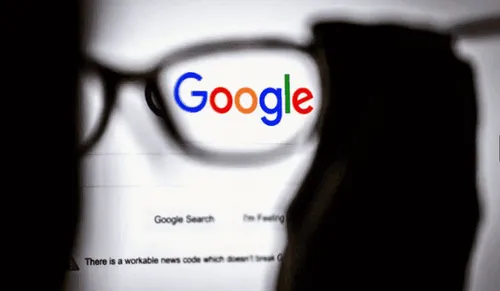Google blocked or removed about 3.1 billion illegal ads last year
TechThursday, 18 March 2021 at 16:27

Google released its annual "Advertising Security Report", which shows some data on its advertising business. The report shows that in 2020, Google added or updated more than 40 policies for advertisers and publishers. The company also blocked or removed approximately 3.1 billion ads that violated its policies. Furthermore, about 6.4 billion ads had to face some sort of restriction. The company said
"Our implementation is not a one-size-fits-all approach. This year, we shared information on advertising restrictions for the first time. This is a core part of our overall strategy."

The report claims that advertising restrictions allow Google to comply with regional and local laws. Also, Google's certification program adopts corresponding implementation methods. This is necessary to ensure that advertisements are on display only when they are suitable for placement. Also, these adverts have to be legal and comply with regulatory requirements.
Google is also continuing to invest in automatic detection technology to effectively scan webpages on a large scale to determine whether they comply with publisher policies. In 2020, ads were removed from 1.3 billion publisher webpages, up from 160 million in 2019. This removal affects thousands of publishers. While some of them are severe, other violations are not too severe. Some of these publishers have stopped advertising on Facebook.
As of last year, Google had to block over 99 million advertisements in relation to the coronavirus. This includes those with adverts that promote "magic medicine" for COVID-19. It also had to block adverts that promote N95 masks while in short supply. Most recently, Facebook is clamping down on adverts that promote fake vaccines.
Google blocked ads for multiple reasons
At the same time, the number of advertising accounts disabled by Google for policy violations increased by 70%, from 1 million to 1.7 million. Google said that in the coming year, it will continue to invest in policies, expert teams, and execution technology to prevent potential threats in advance. It will also continue to expand the scope of implementation of the verification program on a global scale, and strive to improve transparency. The majority of users disclose more information about the advertising experience.
These apart, Google is facing several legal challenges especially with respect to users' privacy. Users have reason to believe that Google is obtaining users' information without their permission. There are reports that even on incognito mode, Google still obtains a good amount of user data.
Loading






